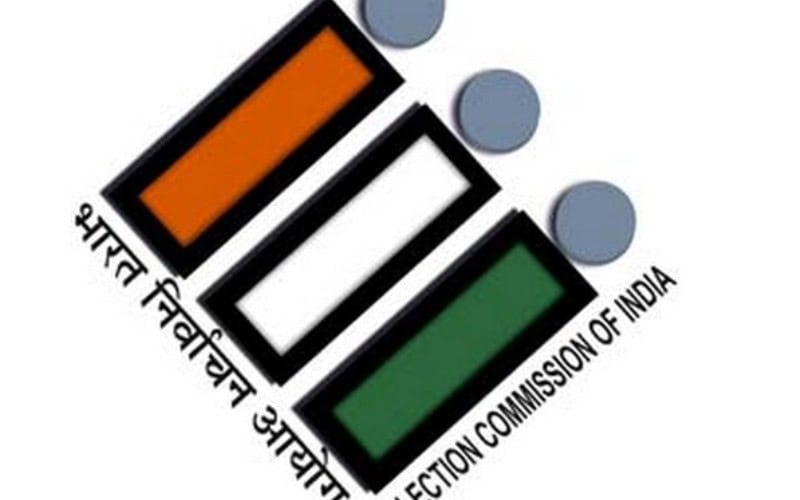New Delhi: As the rift between Chief Election Commissioner (CEC) Sunil Arora and Election Commissioner Ashok Lavasa became public on Saturday, experts say there are no guidelines as to how a multi-member Election Commission should transact its business and the law is silent on recording dissent.
The controversy has reminded people the episode concerning T.N. Seshan, former CEC, who was known for tough approach while adhering to the model code of conduct.
In 1995, the Supreme Court had ruled the business of the commission should be carried out by unanimous decision, as far as possible, but in cases of lack of unanimity the rule of majority shall prevail.
The Election Commission is an autonomous constitutional authority responsible for conducting free and fair elections.
N. Gopalaswami, the CEC from 2006 to 2009, said there were no guidelines on how a member of the EC would proceed and decide complaints related to violation of the code of conduct. Therefore, the administrative process be followed while dealing with the poll code violation complaints, he said.
In a multi-member panel, the CEC has to act as the Chairman and deal with questions related to poll panel, including the code of conduct.
Stating that the CEC is the final authority to take a decision, Gopalaswami said, “Dealing with the poll code violation is not a judicial process. The decision whether to record dissent or not on the poll code violation complaints is taken by the CEC.”
As per law, the CEC is under a duty to preside over the proceedings, ensuring decisions are taken and properly recorded. The CEC is in charge for the smooth conduct of the business of the panel. The ECs form part of the commission and they should effectively participate in the process of decision making.
P.K. Malhotra, former Law and Justice Secretary, said how to proceed with the complaints related to the code of conduct was the internal matter of the panel.
The Constitution has granted the poll panel right to conduct free and fair elections as per the provisions and its functions were essentially administrative in nature, Malhotra added.
Echoing Gopalaswami’s point, constitutional expert Subhash Kashyap said the law was silent on the provisions on the working of poll panel dealing with poll code violation cases as it was a kind of administrative decision.
Article 324 of the Constitution has granted the EC right to superintend, direct and control preparation of the electoral rolls and the conduct of elections. The law has granted power to the CEC to act as the Chairman of the Election Commission.
Interestingly, the Supreme Court on July 14, 1995 stated that how to deal with the complaints “depends on the attitude of the Chairman and its members” and “the commission should be able to take decisions with one voice.” “In case that hope is belied the rule of majority must come into play,” it added.
“If they work in co-operation, appreciate and respect each other’s point of view, there would be no difficulty, but if they decide from the outset to pull in opposite directions they would by their conduct make the commission unworkable and thus fail the system,” the SC said in its ruling.
“Neither Article 324 nor any other provision in the Constitution expressly states how a multi-member Election Commission will transact its business nor has any convention developed in this behalf,” the Supreme Court observed.
Thereafter sections 9 and 10 were added to the Election Commission (Conditions of Service of Election Commissioners and Transaction of Business) Act, indicating how the poll panel will transact its business.
While section 9 merely states the business of the commission shall be transacted in accordance with the provisions of the Act, section 10 deals with the situation when the CEC and the ECs cannot reach a unanimous decision in regard to its business. In that case the decision has to be by majority, it says.
But Harishankar Brahma, former CEC, disagreed with the view and said dissent opinion must not be ignored in the order copy deciding complaints. “The dissent view of the EC, if any, should not be ignored and it should be made part of the order copy deciding the complaints of poll code violation,” Brahma said.
[source_without_link]IANS[/source_without_link]

